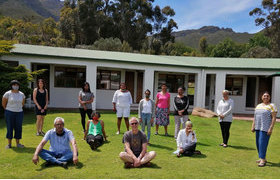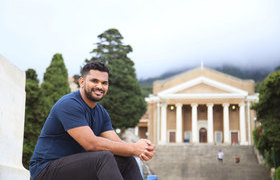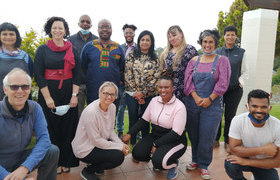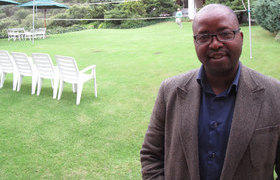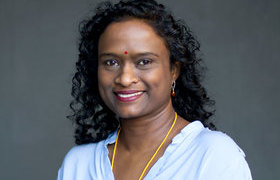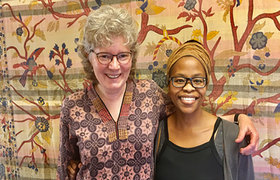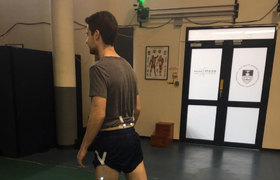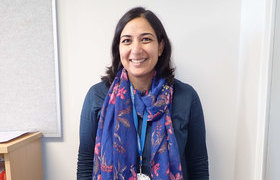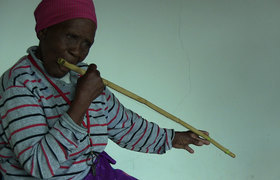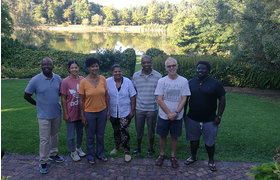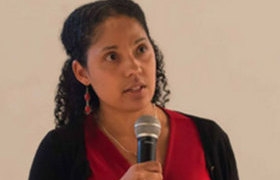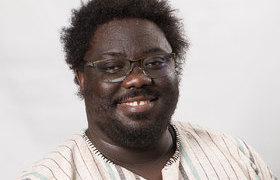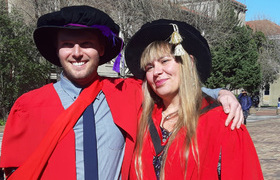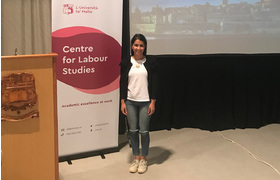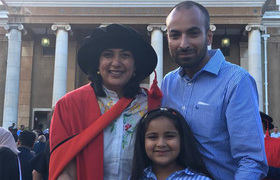The cohort at Mont Fleur
17 December 2015 | Story by Newsroom
For two days in early December, members of the Next Generation Professoriate were on a writing retreat at Mont Fleur, Stellenbosch. This is a glorious spot at the foot of the Helderberg mountains.
For many years it has been chosen by UCT staff members as their preferred venue for workshops and retreats. Cohort members described the retreat as 'inspirational' and welcomed the opportunity to focus on their work while mingling with fellow members and enjoying the natural beauty.
The cohort each brought an assignment with them. Most were working on writing or revising journal articles, though others were busy with book proposals, data analysis and NRF rating preparation.
The schedule included a business meeting where the 14 cohort members who attended were able to discuss their own progress and the collective progress of the cohort. There was universal appreciation for the ability to meet as a cohort and to have time out for writing. There was vigorous discussion about how to divide up the limited financial resources of the cohort, which reflected different disciplinary research requirements. For some, relatively minor amounts of money can enable important steps in the research process, whereas for others, especially in experimental and laboratory disciplines, small amounts of money are insufficient because baseline costs are higher.
Business meetings aside, cohort members were also given time to connect with nature, when Michael Gallant of Mont Fleur took the team on a walk up to the Lourensford Saddle.
 Overlooking Lourensford.
Overlooking Lourensford.
Text and images supplied.
 This work is licensed under a Creative Commons Attribution-NoDerivatives 4.0 International License.
This work is licensed under a Creative Commons Attribution-NoDerivatives 4.0 International License.
Please view the republishing articles page for more information.
Next Generation Professoriate (NGP)
The Next Generation Professoriate (NGP) is a mid-career academic staff development and support programme. Funded by the vice-chancellor’s Strategic Funds, the NGP addresses demographic inequalities in the academic hierarchy. The goal is to help members become associate and full professors.
The NGP was officially launched in September 2015. By the end of 2018, four of its members had been promoted to full professor and a further 14 had reached the rank of associate professor.
The programme is led by Dr Robert Morrell, who has over 35 years of academic experience in South African universities. He has a B1-rating from the the National Research Foundation (NRF) and is an elected member of the Academy of Sciences in South Africa.
Newsletters
In the news

